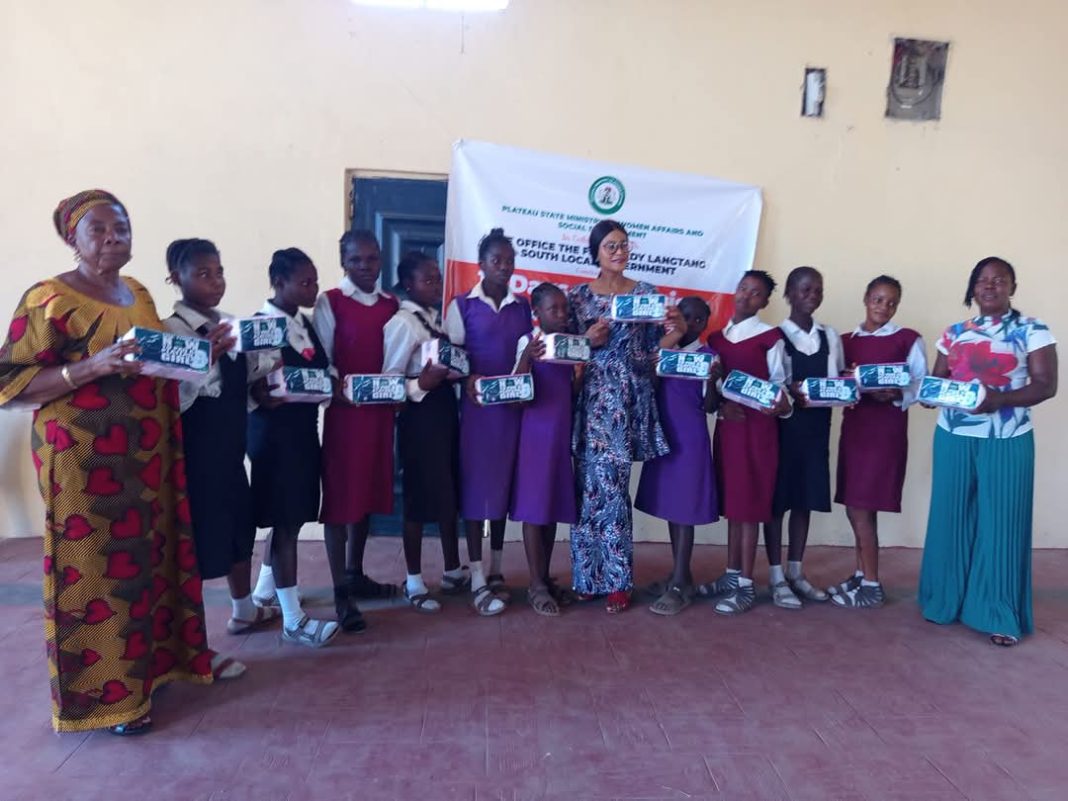By Achadu Gabriel, Kaduna
Renowned human rights advocate and diplomat, Ambassador Dr. Malami Shehu Ma’aji (MFR), has been appointed Chairman of the Advisory Board of the International Human Rights Commission (IHRC) in Nigeria. He will also serve as the organization’s Special Intergovernmental Advisor on Africa.
The IHRC, a transnational intergovernmental organization headquartered in Switzerland, announced the appointment in a statement released on Monday.
Nigeria’s Minister of Humanitarian Affairs, Hon. Nentawe G. Yilwatda, presented Dr. Malami with his certificates during a well-attended ceremony at a symposium on human rights. The event, themed “Unity in Diversity: Embracing Freedom, Equity, and Dignity for All,” took place at the National Centre for Women Development in Abuja.
In his inaugural speech, Dr. Malami expressed gratitude for the honor, describing it as a privilege to be appointed Chairman of the Board of Trustees (BOT) and Advisor of the IHRC for Africa.
He stated, “My thanks and gratitude go to the Office of the Head of Diplomatic Mission Nigeria for organizing this event and to everyone who contributed to its success.
“Today, we gather to celebrate World Human Rights Day. This day is unique and significant, inviting us all to reflect soberly on whether we have collectively and individually respected the rights of fellow human beings.
“Human rights are fundamental freedoms that every individual is entitled to, regardless of nationality, ethnicity, gender, language, religion, or status. These rights are universal.”
Dr. Malami further emphasized that human rights are rooted in equality, dignity, and the protection of social, economic, and political privileges through systemic laws and rules.
He expressed concern over Nigeria’s continued scrutiny by international organizations due to persistent human rights violations. These include abuses against minors, women, and vulnerable persons, often implicating state actors.
He called on all levels of government to assess the situation and take bold steps to address these infractions. “The situation demands effective advocacy, which itself is a right under the need for access to information for national mobilization,” he said.
Dr. Malami added, “Rights must not only be crafted for us; they should be everybody’s advocacy. Any act of refusal or failure that denies citizens their constitutionally approved privileges is a violation of rights and tarnishes the image of governance systems and institutions of responsibility.”
He concluded by emphasizing the IHRC’s collaborative role, stating, “The IHRC is not averse to states; rather, it acts as a watchdog, partnering with states to improve governance and enhance the happiness of citizens.”





